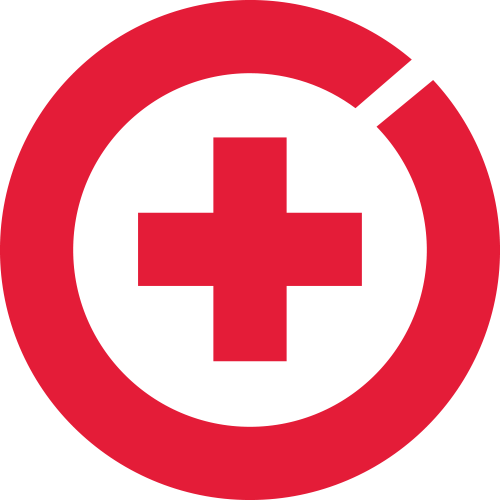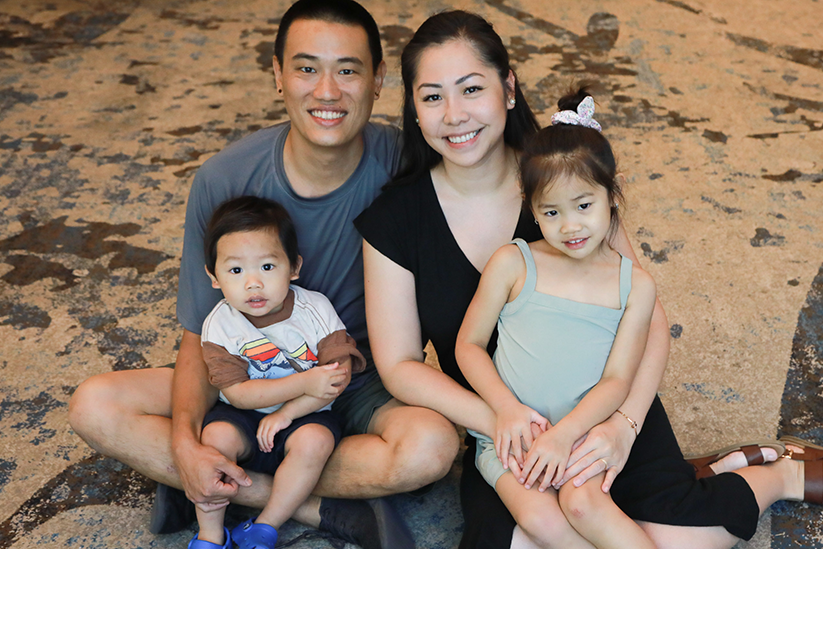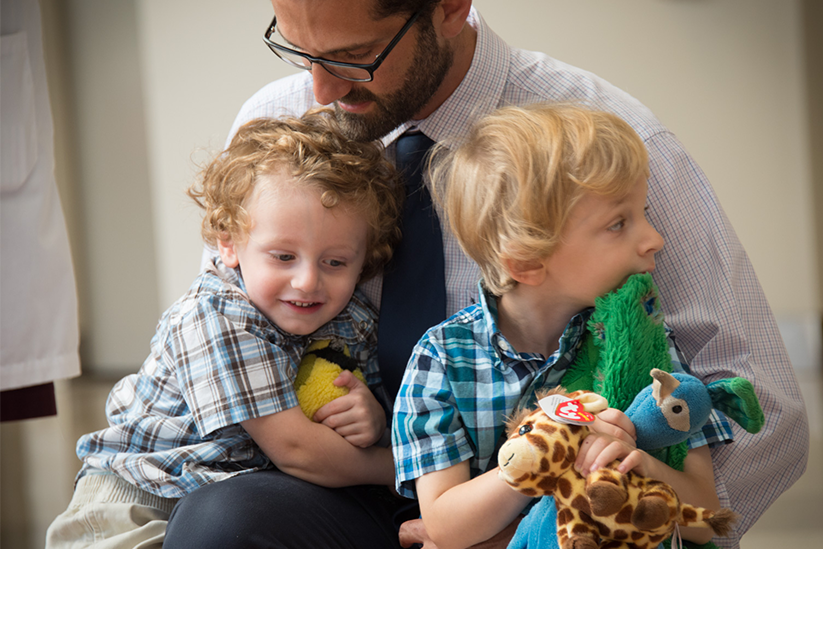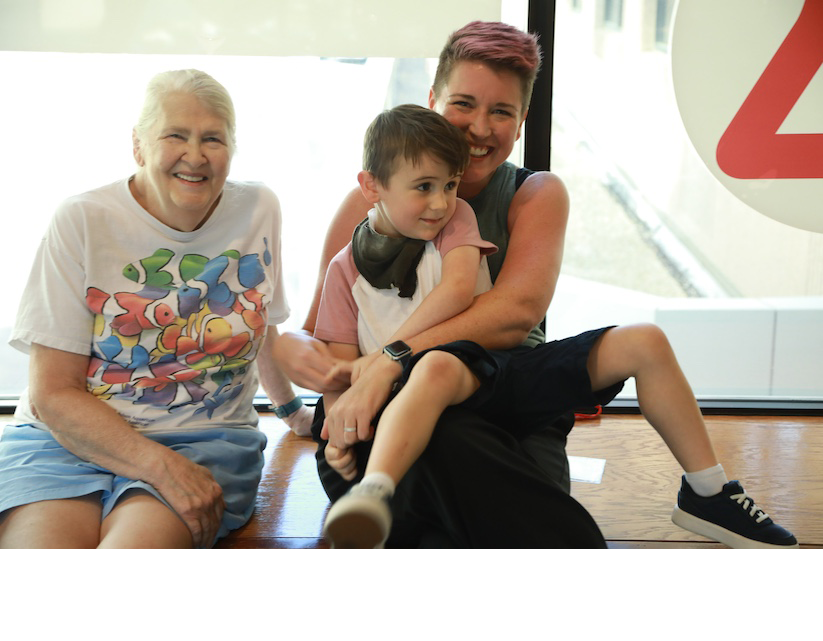What is Newborn Screening?
Newborn Screening is a public health program where infants are screened for specific conditions shortly after birth. Screening is completed with a blood spot, which is collected from a newborn’s heel. Children with conditions on the Newborn Screen benefit from early detection, diagnosis, and intervention. Newborn screening is conducted through the state, and each state in the United States may do it differently.










